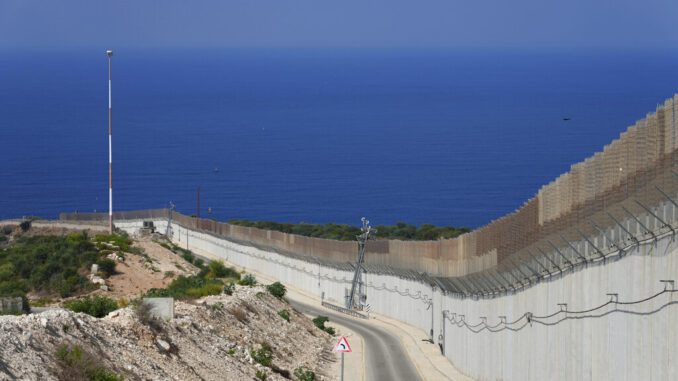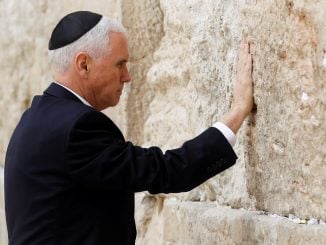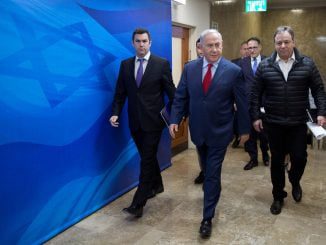
BEIRUT — U.S. mediators tried for more than a decade to broker a maritime border agreement between Lebanon and Israel. Finally, the elements fell into place for a landmark deal between two countries officially — and sometimes actively — at war since 1948.
Russia’s war in Ukraine this year and Europe’s resulting energy crisis have increased demand for natural gas, which the deal will enable Lebanon and Israel to extract from the Mediterranean Sea.
At the same time, Lebanon’s spiraling economic crisis, Israeli elections and rising tensions between Israel and Lebanon’s militant Hezbollah group added more incentive to finalize the deal.
The long-awaited agreement inked last week was hailed as a game changer by officials in Lebanon, Israel and the United States. It is far from a peace deal, but proponents say the shared interest of exploiting the gas will make it less likely the two longtime enemies will go to war.
Talks started slowly, until February, when Russia invaded Ukraine, changing the picture. Both Lebanese and Israeli officials have acknowledged that the ensuing global demand for gas sped up talks.
The amount of gas under Lebanese waters is unknown. Some in Lebanon have criticized the government for backing off a proposed border containing part of the Karish field, which is known to contain gas, and accepting a deal that gives it the Qana field, where reserves have not been proven.
Iranian-backed Hezbollah, which fought a destructive war with Israel in 2006, has backed the deal. Lebanese hope it will help save their country from financial meltdown.



